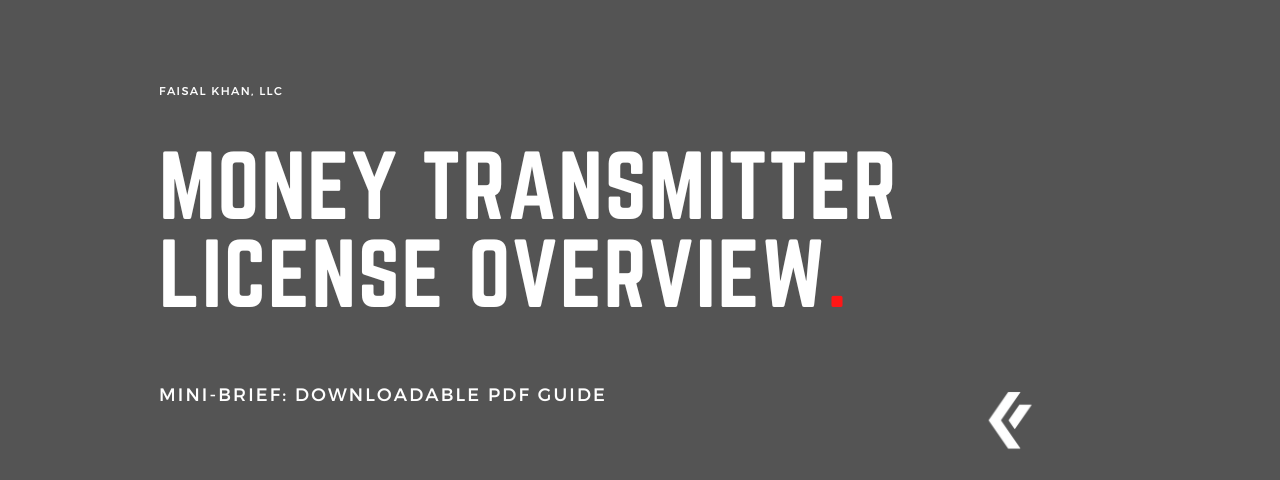Rhode Island Money Transmitter License Overview
Rhode Island Money Transmitter License
According to the Nationwide Licensing System, The Rhode Island Currency Transmitter License was created to take the place of both the Rhode Island Electronic Money Transferors and Sale of Check License. Any entity who held either of those two license types, was required to transition to the Rhode Island Currency Transmitter License by the end of 2019. Entities involved in the transaction of virtual currencies were also required to acquire the license.
Rhode Island MTL Regulator
The state agency that regulates this industry in Rhode Island is the Rhode Island Division of Banking. The office is responsible for granting licenses and oversees the current licensees.
Activities Authorized by the Money Transmitter License
The license authorizes:
- Electronic money transmitting
- Issuing or selling money orders or drafts
- Issuing or selling prepaid access/stored value
- Virtual currency exchanging and trading services
Net Worth and Surety Bond Required for Licensing
The application fee to apply for the license is $1,000. You will be required to have a minimum tangible net worth of $50,000. You shall also be required to provide a surety bond of $50,000 or premiums of $1,250/
Time and Costs for a Money Transmitter License in Rhode Island
Application for the Currency Transmitter License will take approximately five to six months.
How Much Time Will It Take to Acquire a MTL in Rhode Island
Acquiring a Money Transmitter License in RI takes 5 to 6 months if you have the time and money required. Some of the key requirements you need to meet are: be registered with FINCEN, have a minimum tangible net worth of $50,000, and surety bond in the same amount. You will then need to create an account with the Nationwide Multistate Licensing System. After reading through the requirements on the NMLS website as well as Rhode Island’s Division of Banking site, you can prepare and upload your documents alongside your application.
—
This page was last updated on June 2, 2023.
–

